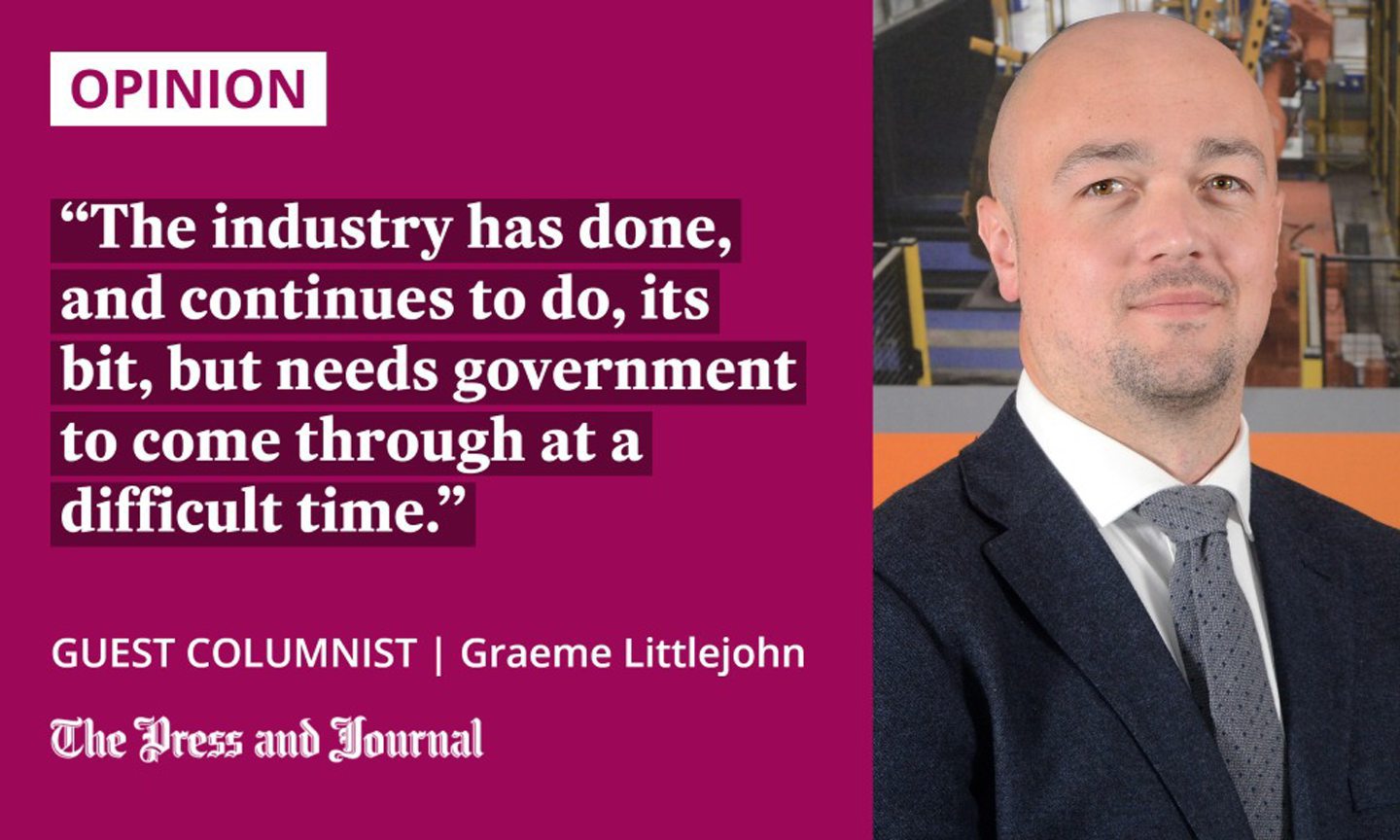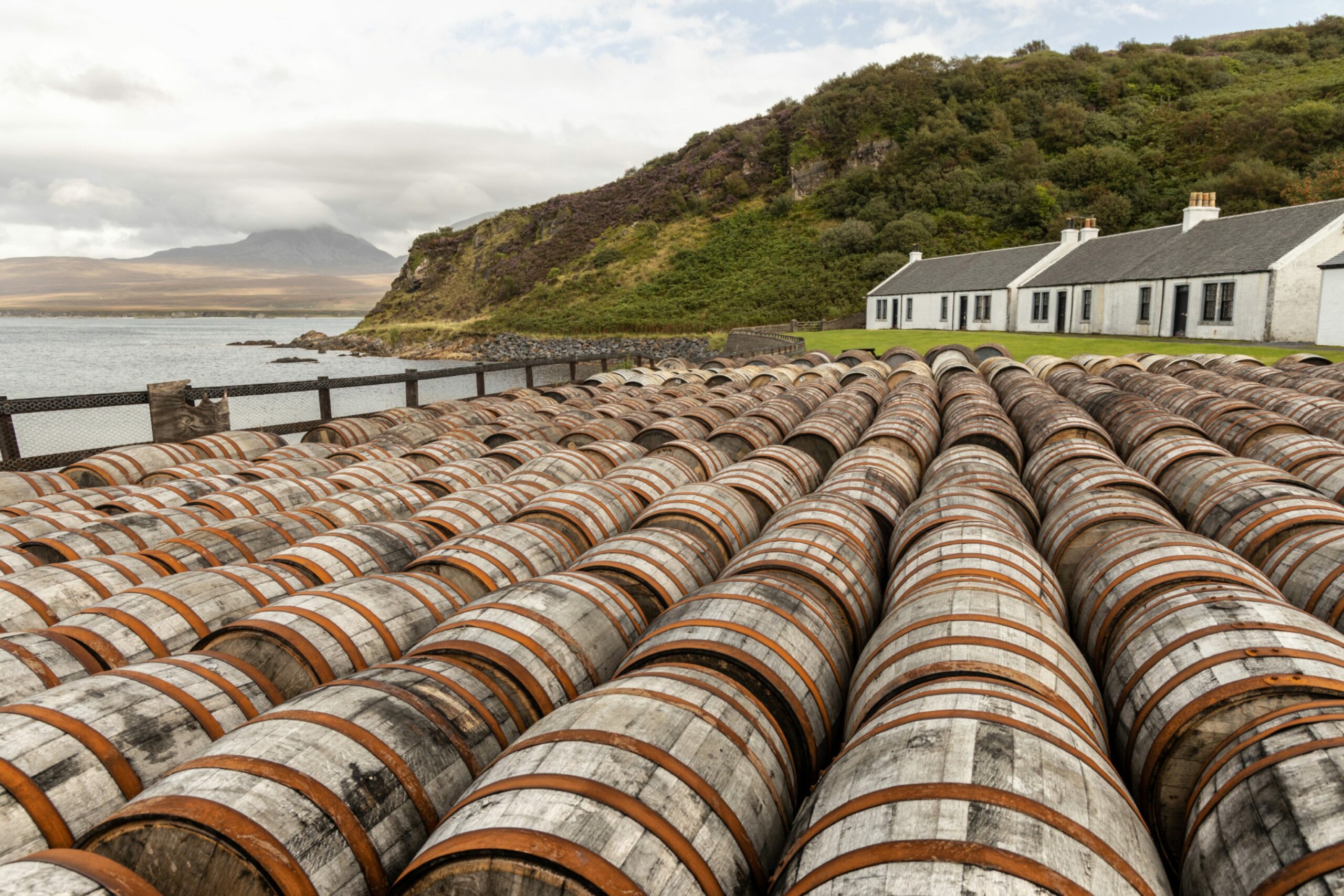There aren’t many industries that can claim to export enough of its products that, if you laid them end to end, they would cover a distance a fraction short of that between the earth and the moon.
Scotch whisky can make that claim – a testament to the enduring appeal of one of the country’s great industries. Its popularity might be founded in history and tradition, but it is maintained by investment, innovation, and an ability to drive and respond to the demands of consumers for not just a premium product, but a premium experience.
In many ways, the industry sets an example others should aspire to follow. It employs tens of thousands of people, the majority of which are in rural areas where the distillery is the heart of the local community. It supports many more jobs through a nationwide supply chain.

It attracts tourists, generating revenue for neighbouring businesses. And, it consistently invests in Scotland and in the UK, bringing new products to market, enabling growth that means more taxable revenue to fund public services.
That’s an example that should be not just celebrated but nurtured. And the UK’s new chancellor can do that by ruling out any increase to excise duty on scotch and other spirits in a budget this autumn.
Distillers already have it tough
For all the success of the industry, it’s tough for distillers. They lost over half a billion pounds in exports because the US slapped tariffs on their products. Not because of anything they’d done, but in retaliation over a trade dispute on aerospace.
And, like other businesses, they’re seeing costs increase across their supply chains. More than half of distillers expect their energy costs will double next year, and three quarters are expecting shipping costs to go up – not what you need when you’re a producer of the country’s number one food and drink export. That’s without accounting for planned increases in national insurance contributions and corporation tax.
At the moment, 70% of the cost of a bottle of scotch is claimed by the taxman. We have the highest level of spirits duty of any country in the G7, and one of the highest in the world.
The industry performs, despite these headwinds, and continues to be, with other spirits like gin, the fastest growing category of alcohol in the UK – generating more revenue for government to help support public services.
These are all reasons why the chancellor should rule out a duty increase this autumn. Not only that, he or she should use the magic words that “all planned increases in duty are cancelled”. If they don’t, duty would still rise by the rate of inflation – a double digit increase that business can ill afford.
Next UK chancellor must do the right thing
Any increase in duty would be damaging, not only to an exemplar industry but to the economy. The chancellor would likely be robbing the public finances of revenue generated by industry growth, and further fuelling inflation.
Previous chancellors who froze duty over the last budgets have shown the route that can and should be taken – provide business with stability, enable them to invest and innovate, and then watch them grow.
Thank you to @RThomsonMP for pointing out the “apparent bias” against #ScotchWhisky and other spirits in @hmtreasury alcohol duty review
There is no reason a unit of 🥃 should be taxed more than a unit of beer, wine or cider
Perhaps new Chancellor @nadhimzahawi can #ThinkAgain? pic.twitter.com/y612WLcSL4
— Graeme Littlejohn (@littlegrumpyG) July 7, 2022
It’s a proven formula; backing business will deliver more money for the public finances than increasing a tax that’s already one of the highest in the world – a label the UK shouldn’t want. HMRC’s data proves it, as does the track record of distillers, who’ve responded to duty freezes by investing and employing more people. The industry has done, and continues to do, its bit, but needs government to come through at a difficult time.
This is the choice the new chancellor will have to make. Increase duty and compound the pressure on business. Or, rule out a tax increase, back growth and allow distillers to do what they’ve been doing for decades – which is to deliver for the economy.
The industry needs, and has a right to expect, the chancellor to step up to the despatch box and say those magic words in an autumn budget.
Graeme Littlejohn is director of strategy for the Scotch Whisky Association


Conversation